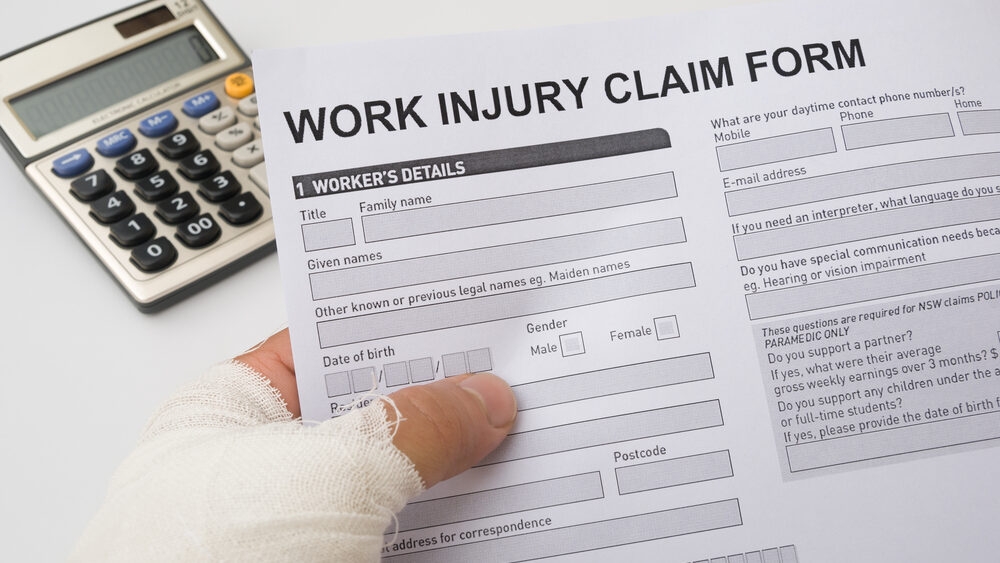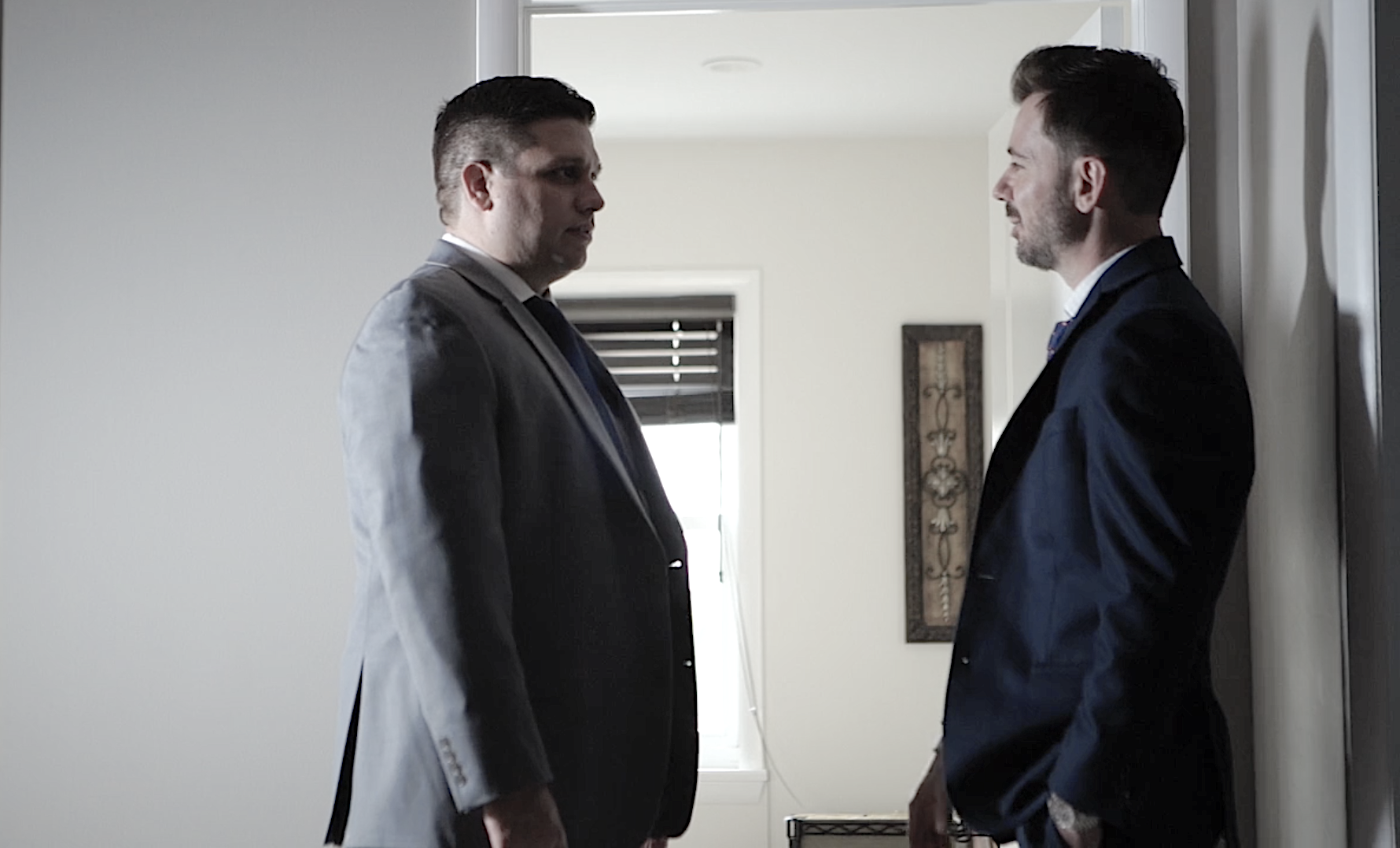
Workers’ Compensation Lawyer At Camili & Capo, PA Answers Frequently Asked Questions About Workers’ Comp In NJ
Workers’ compensation can seem like a confusing, complex system to many workers. Employees who suffer injuries or illnesses on the job may have numerous questions about workers’ comp. Below are some workers’ compensation FAQs that we often receive. If you have more questions about your rights under the New Jersey workers’ compensation system, reach out to Camili & Capo, PA for a free consultation to speak with a knowledgeable member of our legal team.
What Is Workers’ Compensation?
Workers’ compensation is a system established by state law that entitles employees who suffer a work-related injury or illness to certain defined financial benefits from their employer. In New Jersey, employers are required to purchase workers’ compensation insurance to cover their employees or be certified by the state to self-insure.
Workers’ compensation is considered a “no-fault” compensation system because a worker does not need to show that their employer bears any legal fault for causing the worker’s injury or illness. Regardless of whose negligence or legal fault caused the injury, the worker must be granted workers’ comp benefits.
Who Is Eligible To Receive Workers’ Compensation?
All workers who receive compensation for their services are entitled to workers’ compensation coverage. This includes probationary workers, part-time employees, seasonal employees, and teen workers. Workers’ compensation benefits may be paid whenever an eligible worker suffers an injury or illness in the course and scope of their employment. This means that work-related injuries and illnesses can occur outside an employer’s workplace.
While most industries are subject to the state’s workers’ compensation law, certain industries are instead covered by various federal workers’ compensation laws. This includes federal employees, railroad workers, seamen, and harbor and shipyard workers.
What Benefits Does Workers’ Compensation Provide?
Depending on the type and severity of the injury or illness, a worker may receive various benefits from workers’ compensation, including:
- Medical benefits, which pay for all reasonable and necessary medical treatment of a work-related injury or illness
- Temporary disability benefits, which pay 70 percent of your average weekly wage if you miss time from work while recovering, or 70 percent of the difference between your average weekly wage and reduced earnings if you go on part-time or light-duty during your recovery
- Permanent partial disability benefits, which are paid when you suffer a permanent impairment or loss of a body part or bodily function but can still work; payments are based on the type and severity of the impairment
- Permanent total disability benefits, which continue partial wage replacement for at least 450 weeks, and potentially longer if you remain completely disabled from gainful employment
- Death benefits, which provide partial wage replacement of a deceased worker’s earnings to their dependents, as well as a contribution toward funeral and burial expenses
What Are My Employer’s Responsibilities Under NJ Workers’ Comp Law?
Under New Jersey’s workers’ compensation law, important duties that employers owe to their workers include:
- The obligation to provide workers’ compensation coverage, either through purchased insurance or self-insurance
- Posting notices of the workers’ compensation law in a conspicuous place in the workplace
- Reporting accidents and worker injuries and illnesses to the insurer or claims manager
- Ensuring workers receive immediate emergency medical treatment if needed
- Reporting workers’ compensation claims to the state
Finally, employers must refrain from discriminating or retaliating against an employee because they have filed a workers’ compensation claim.
What Is Partial And Total Disability? What Is Temporary And Permanent Disability?
Partial disability is typically defined as a physical disability or impairment that does not prevent a worker from performing some type of gainful employment within the worker’s skill, experience, and training. Conversely, a worker will be deemed totally disabled if they cannot do any form of work due to an injury or illness.
A disability is considered temporary while the worker is undergoing medical treatment and rehabilitation for a work-related injury or illness. But the disability will become “permanent” once the worker’s injury or illness reaches maximum medical improvement, or the point where no further medical treatment is expected to improve the worker’s condition.
Can I Be Disqualified From Workers’ Compensation?
There are certain limited circumstances that might disqualify an injured employee from workers’ compensation benefits, including:
- Injuries that were caused due to the worker’s alcohol or drug intoxication
- Injuries that result from a worker’s attempted suicide on the job
- Injuries that occur while a worker is committing a crime
- Injuries that result from horseplay or during deviations from work duties
When Is An Injury Considered “Work-Related?”
An injury or illness may be deemed work-related if it occurs or develops during the course and scope of a worker’s employment. Generally, a worker’s activities will be deemed work-related if those activities are for the employer’s benefit. This means that injuries and illnesses need not occur on the employer’s premises. Even recreational and social activities organized by an employer may be considered work-related if they directly benefit the employer. However, travel to and from work at the beginning and end of the workday is usually not considered as being within the scope of employment.
Do I Need A Lawyer To File A Workers’ Compensation Claim?
Although the purpose of the workers’ compensation system was to relieve injured workers from the need to pursue litigation to recover financial compensation from their employers, workers sometimes have difficulty securing benefits when employers or their workers’ comp insurers deny claims or seek to terminate benefits. Workers who are denied benefits they believe they are entitled to will benefit from having legal representation that can pursue a formal claim with the state on their behalf. In addition, the fees that a workers’ compensation attorney can charge a worker are limited by law and are usually only charged if the lawyer successfully recovers benefits for the worker.
Contact Camili & Capo, PA For More Answers To Your Workers’ Compensation FAQs
At Camili & Capo, PA, we want to help you better understand your rights and options under New Jersey workers’ compensation law. Contact us today for a free claim review to discuss your case with us and to get answers to the questions that you may have.

